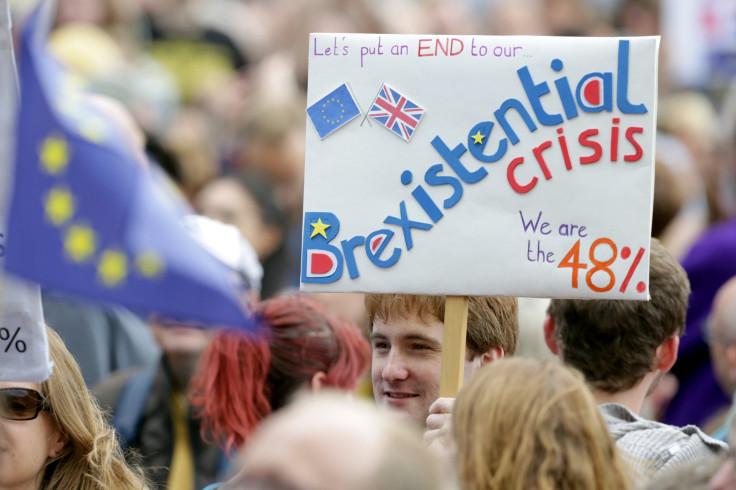What Country Has The Most Vacation Days? Brexit Plan Blunder Gives Britons 10 Extra Weeks Of Vacation A Year

An embarrassing error has been found in the U.K. government's Brexit White Paper that allows British workers to 14 weeks paid vacation anually, which is 10 more weeks than what employees are entitled to under the existingEuropean Union(EU) law.
Looking forward to my 14 weeks of paid holiday, as set out in the government's #brexit white paper... pic.twitter.com/v2nPNrNgsV
— Alex Pollitt (@pollittalex) February 2, 2017
Brexit Secretary David Davis published the entire document including the government's strategy for leaving the EU, on Thursday. The error was on page 32 of the document. But before any of the Britons decide to go on a long holiday, they might have to think twice because this seems to be an evident mistake that has been overlooked. The second and third columns appeared to have been mixed up on a graph that has the holiday and maternity leave entitlement.
According to the government, the correct figure for someone who has worked five days a week is 28 days of leave in a year. The error might reflect a possible rush to publish the White Paper because document's creation date is time-stamped as "Feb 2nd. 04:26am" (EST) that suggests it was an all-night last-minute job.
After the document published Thursday, which was built on Theresa May's Brexit plan speech last month, Davis reportedly confirmed that Britain will "definitely" withdraw from the European customs union when it finally leaves the EU in 2019. When Conservative MP Edward Leigh for Gainsborough, Lincolnshire, England asked Davis whether the U.K. would be leaving the European customs union, Davis said the policy outlined in the white paper "amounts to exactly that."
But the white paper had contrasting statements, which appeared to echo May's ambiguous claims about the future of the U.K.'s participation in the European customs union. The document said: "The U.K. will seek a new customs arrangement with the EU, which enables us to make the most of the opportunities from trade with others and for trade between the U.K. and the EU to continue to be as frictionless as possible."
"There are a number of options for any new customs arrangement, including a completely new agreement, or for the U.K. to remain a signatory to some of the elements of the existing arrangements. The precise form of this new agreement will be the subject of negotiation," the paper states.
© Copyright IBTimes 2024. All rights reserved.





















